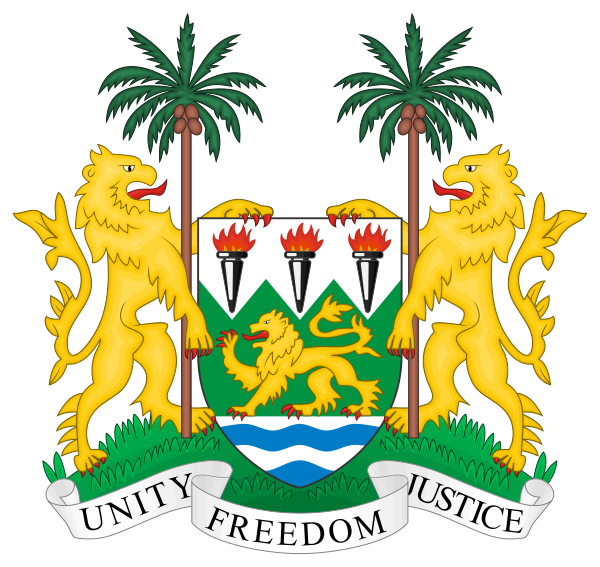
BY MAX A KONNEH, PRESS OFFICER, MFMR.
A one-day Thematic and System Operation Training Programme for members of the Working Committee of the Sierra Leone’s Chapter of the Monitoring of Environment and Security in Africa Project, MESA, has ended at the Conference Hall of the Ministry of Fisheries and Marine Resources in Freetown. The training which was among series of capacity building programmes undertaken by implementers of the Project is aimed at assisting participating countries develop their capacity and use Earth Observation Data to manage fisheries resources and ensure safety at sea.
Declaring the workshop opened, the Acting Deputy Director of Fisheries, Josephus Mamie said fisheries resources contribute significantly to the socio-cultural and economic wellbeing of coastal communities in the country, noting that over, 200,000 individual are directly or indirectly employed in the sector. While describing fish as a significant source of animal protein, Mr. Mamie said, one of the main challenges facing the sector is the inadequate or lack of requisite information and data. With Earth Observation data using satellite technology, he assured that stakeholders in the fisheries sector can provide continuous and reliable data for monitoring of the environment and its resources. He urged the participants to take the training very seriously and utilize skills gained to ensure the country is on a sound climatic footing.
Head of Department, Institute of Marine Biology and Oceanography, Dr. Raymond Johnson who chaired the prograamme said quite interesting developments have occurred since the inception of project. He expressed the need to train more personnel and sustain the programme while pledging the University’s support in the area of capacity building. He hoped the training workshop will help improve the efficiencies of stakeholders in the project. He highlighted some of the activities undertaken by his institution to promote the project’s goals including, preparation of bulletins and other information materials as well as participating in Steering Committee meetings. Dr. Johnson thanked management and staff of the ministry of Fisheries for providing the enabling environment and support to ensure the project is successfully implemented.

Giving an overview of the project, the National Focal Point, Kadiatu Seaport Kamara, said the MESA Project commenced in 2014, followed by series of activities implemented by the Ministry of Fisheries in collaboration with other partners including, Ministry of Agriculture, Office of National Security, Metrological Department, Sierra Leone Ports Authority, Environmental Protection Agency and Ministry of Lands. She intimated that since the inception of the project, they have been able to undertake several activities including, launching of the project, setting up of the National Working and Technical Committees, implementation of Stakeholders Consultative Meetings, SMS Service caster sensitization exercise, International Trainings and Installation of SMS Service Caster Billboards. She thanked all who in diverse ways have contributed to promoting the project’s activities.
The Senior Human Resource Management Officer, Ministry of Fisheries, Dwight Doherty, said the project has done a lot to capacitate a good number of the Ministry’s staff and hoped the training programme will continue to add more value to enable them deliver more. He commended the Institute of Marine Biology and Oceanography for their continued contribution to the strengthening of the capacities of staff of the ministry.
